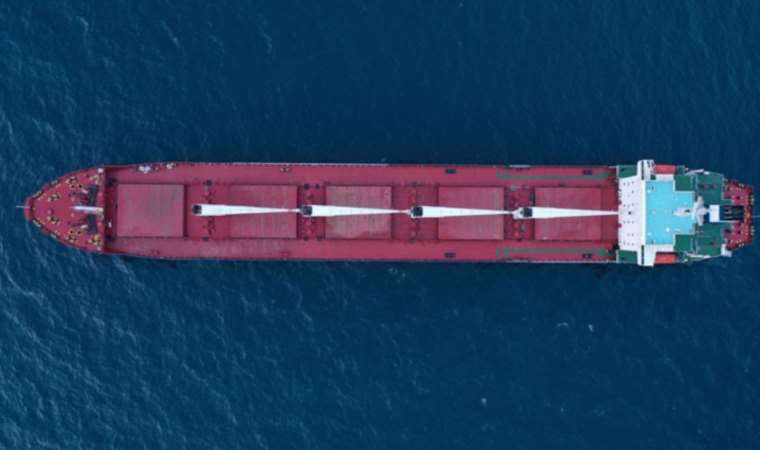The US appreciates Turkey's efforts to persuade Russia to reengage in the grain deal
The US extends its appreciation to Turkey for its efforts to persuade Russia to rejoin the Black Sea grain deal, as stated by the State Department on Tuesday.

In response to Turkish President Recep Tayyip Erdogan's meeting with Russian President Vladimir Putin in Sochi, State Department Deputy Spokesman Vedant Patel addressed the matter during a press briefing.
"We are continuing to engage with the UN and Turkey, which have worked diligently to make the Black Sea Grain Initiative both possible and functional," Patel told reporters.
He also expressed gratitude to Turkey, a NATO ally, for its significant role in the ongoing efforts to revive the Black Sea Grain Initiative.
Patel emphasized that Russia's decision to withdraw from the Black Sea Grain Initiative negatively affects communities worldwide that are vulnerable to food insecurity.
Regarding reports suggesting that the US is proposing the Danube River route as an alternative to the Black Sea grain corridor, Patel reiterated that the primary goal is for Russia to return to the Black Sea Grain Initiative.
"While we are exploring potential alternatives to ensure the flow of food products to their intended destinations, I do not have any announcements to make at this time," Patel stated.
He emphasized the US's desire to see the Black Sea Grain Initiative operational again, emphasizing its previous success. Patel expressed gratitude to the UN and Turkish partners for their pivotal roles in facilitating the original agreement and their ongoing efforts to persuade Russia.
Erdogan, upon returning from his meeting with Putin in Sochi, expressed optimism about reaching a favorable outcome regarding the revival of the grain deal.
Russia suspended its participation in the deal on July 17, which had been brokered by Turkey and the UN. The deal aimed to resume grain exports from three Ukrainian Black Sea ports that had been halted following the start of the Ukraine war in February 2022.
Moscow has consistently cited Western non-compliance with its obligations related to Russian grain exports. It has pointed out that restrictions on payments, logistics, and insurance have posed significant barriers to its grain shipments.
